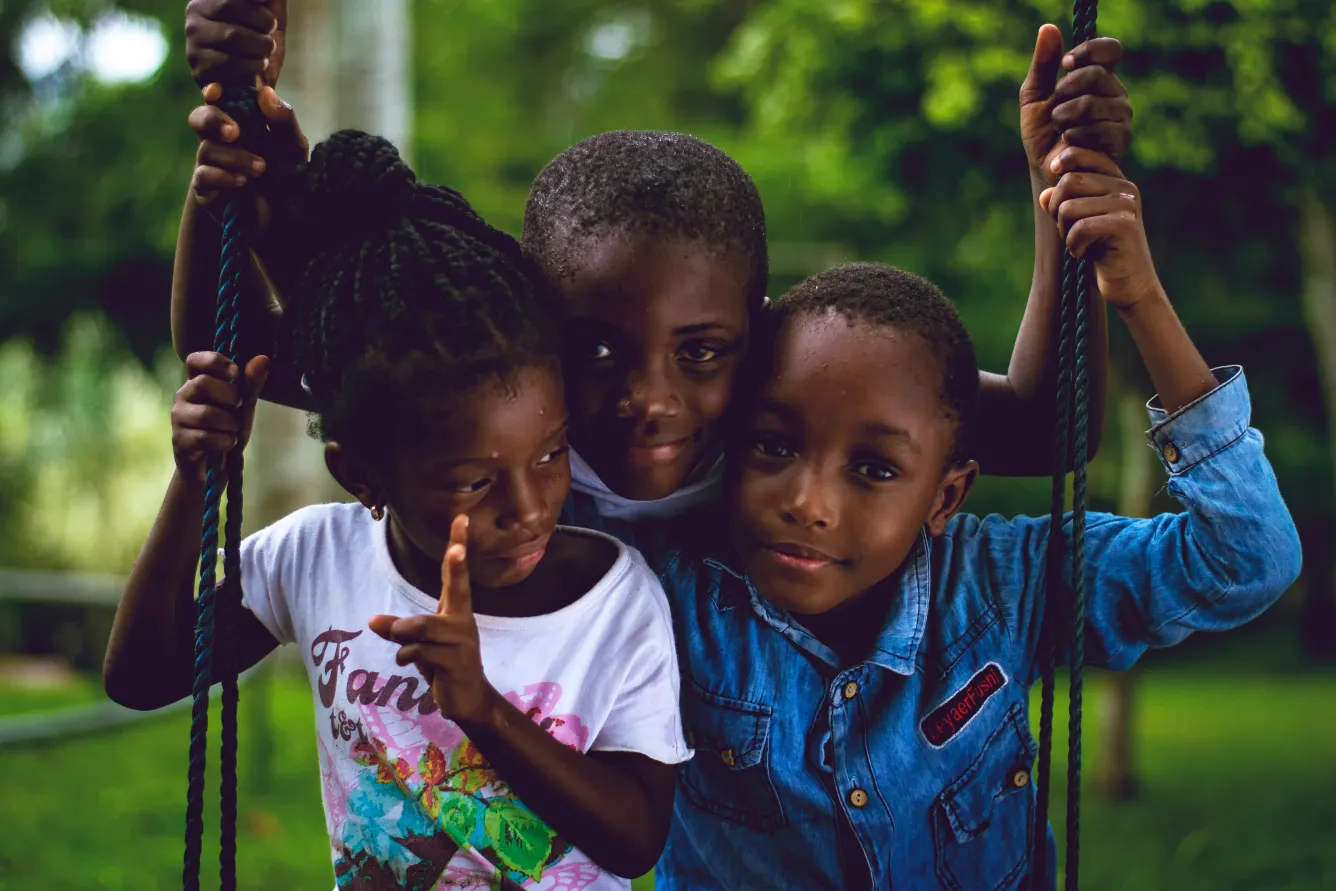Today, the Foundation of Greater Montreal is hosting a forum called Why is it important to give children a voice? to highlight the importance of listening to children, and to celebrate World Children's Day. Alli Truesdell, Youth Participation Lead at UNICEF Canada, will be presenting, highlighting the parallels between the priorities identified by young people in Montreal and the results from six workshops that UNICEF Canada conducted across the country.
Last October, the Foundation of Greater Montreal released a special edition of its Vital Signs report for 2017, this time with a focus on children. Several findings emerge in this portrait of children in Greater Montréal, many confirming the alarming observations of UNICEF’s Report Card 14. Hunger, poverty, psychological distress and mental health issues, as well as domestic violence all pose significant threats to Canada’s children. If we want to improve child well-being in Canada and make this one of the best countries to grow up in by 2030, some collective thinking is in order.
Yvan Gauthier, President and CEO of the Foundation of Greater Montreal, who spoke at the launch of the Vital Signs report, stated, “Our children are our future. This is an unquestionable and biological reality. If our children are doing well today, there is every reason to believe that our society will be doing well tomorrow. [But] the State involvement must not lead to a disengagement of citizens. We all have a role to play in ensuring the greater well-being of our children.”
Much like UNICEF, the Foundation of Greater Montreal believes that one of the core conditions to improving child well-being is engaging them in the process and giving them a voice. As part of its Vital Signs report, the Foundation partnered with university researchers who hosted workshops last summer with six groups of young people from different neighbourhoods and various situations in Montreal. The young people involved were able to jointly reflect on and express the challenges they face, and propose solutions to better meet their needs. These researchers and young people will be sharing their findings at today’s forum.
UNICEF Canada has set its sights on making Canada the best country to grow up in by 2030, but we cannot do it alone. While every level of government must agree to play an active role in improving the well-being of children in Canada, it is also vital for Canadians to work with their communities and cities to find solutions and propose innovative initiatives. We invite you to join the One Youth, a movement of children, young people and adults who want the best possible opportunities for every young person in Canada. It is also an excellent way to be heard and be a part of the conversation.
A few findings from the Vital Signs report 2017
Global Goal 1: End poverty in all its forms everywhere
In the Montréal Census Metropolitan Area in 2015, 16.4 per cent of children under 18 were living in a low-income situation (This percentage is lower than in Vancouver (17.7 per cent), Toronto (18.7 per cent) and all of Canada (17.4 per cent).
Global Goal 2: End hunger, achieve food security and improved nutrition
11 per cent of Montreal households suffer from moderate or serious food insecurity — meaning that they have too little food to eat and are consuming food of poor quality.
Global Goal 3: Ensure healthy lives and promote well-being
In 2013-14, 19 per cent of young people between the ages of 15 and 19 reported experiencing a high level of stress. For their part, 25 per cent of girls reported feeling an intense degree of stress in their lives.


